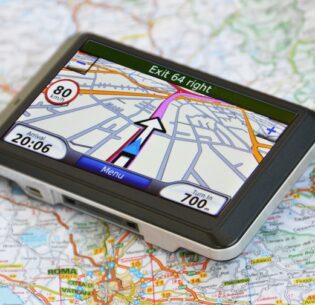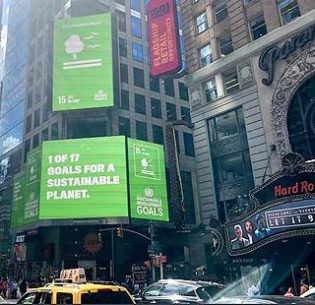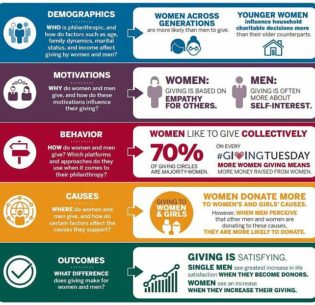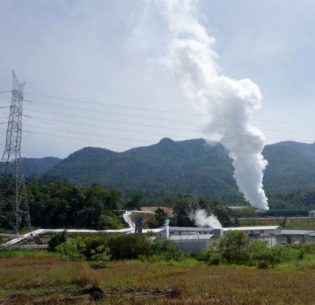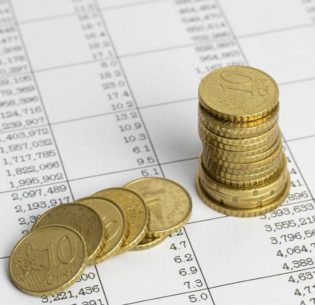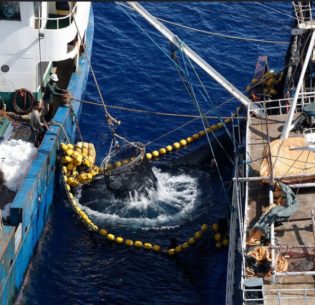How corporate board of directors are adapting and using technology and information to make decisions. From maps to Satnav just like for drivers, the board of directors are converting to “smart boards”. Smart boards are also changing their agendas and focussing their time more on the big decisions. They are having more discussion about what these decisions are, when they should take them, what input and evidence they need as well as how the decision is going to be made. The rise of the “Early” “Mid” “Late” approach referred to above is also helping.
+Read More